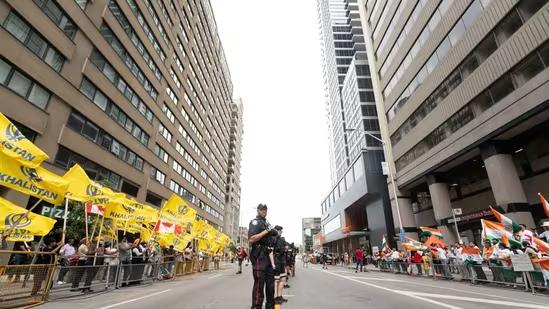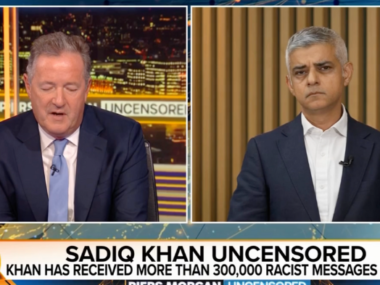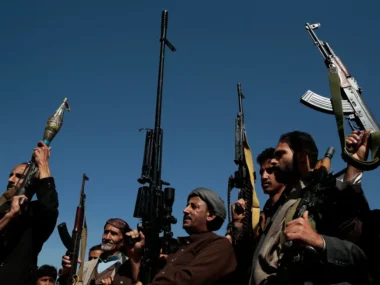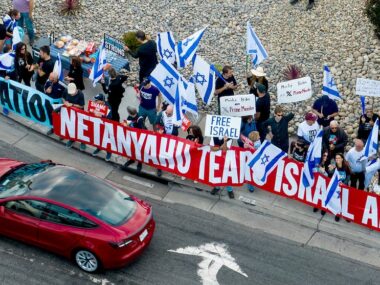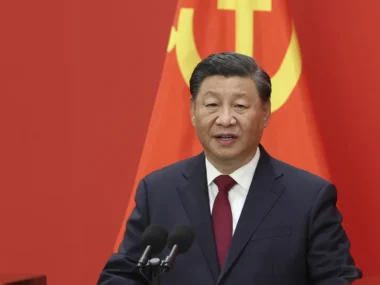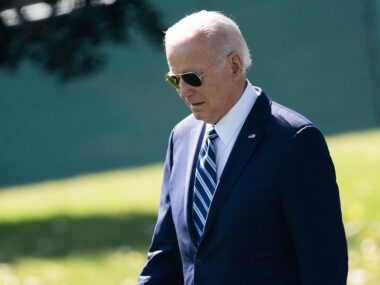The claim made by Justin Trudeau that Indian officials were involved in the murder of Khalistani leader Hardeep Singh Nijjar stoked tensions and led to a diplomatic spat this week.
Despite Ottawa’s announcement that it was temporarily modifying staff presence in India to guarantee the safety of diplomats in response to threats made on social media, New Delhi has temporarily blocked visa services for Canadian citizens due to the increased tensions between the two nations.
This week, senior ambassadors were expelled on a tit-for-tat basis after Prime Minister Justin Trudeau claimed that India had killed Khalistani leader Hardeep Singh Nijjar at their behest.
Even though BLS International, which manages the visa application centers in Canada, placed a notice about the suspension of visa services on its Canadian website, no official announcement of the suspension was made. Important announcement from the Indian Mission: “Indian visa services have been suspended until further notice as a result of operational reasons as of September 21, 2023 [Thursday].”
An Indian official acknowledged the suspension but would not further. “The language is clear and says what it is intended to say.” Since the Covid-19 pandemic, India has never suspended visas before.
Late on Wednesday, it was impossible to access the Indian high commission’s website for confirmation because it looked to be down.
The ban came after an alert from India on Wednesday urging its nationals there to proceed with the utmost caution due to an increase in anti-Indian sentiment and “politically-condoned hate crimes.” Particularly Indian students have been urged to take special caution and maintain vigilance.
Nijjar was shot and killed in the parking lot of the Guru Nanak Sikh Gurdwara he was on his way to in Surrey, British Columbia. He served as the organization’s focal point in the province. Sikhs for Justice (SFJ). India has received blame from SFJ over the murder.
According to a representative for the Canadian foreign ministry, The National Post, some ambassadors have received threats on social media. “Global Affairs Canada, the foreign ministry, is evaluating the number of employees it has in India. Due to this and our extreme care, we have chosen to temporarily change the employee presence in India. To ensure business and operational continuity, diplomats and locally employed workers are present at every one of our locations.
The high commission in New Delhi and the consulates in Mumbai, Chandigarh, and Bengaluru are among the locations where Canada has attempted to increase security.
In addition to citing the Vienna Convention as a legal framework for protecting diplomats and diplomatic facilities, the spokesperson stated that they “expect India to provide for the security of our accredited diplomats and consular officers in India, just as we are for theirs here.”
Senior diplomats’ security has been boosted at India’s missions in Canada as well after SFJ distributed the “Kill India” posters in July and a string of further posters that claimed New Delhi was responsible for the murder of Nijjar on June 18.
India requested more security at the consulates in Toronto and Vancouver as well as the high commission in Ottawa after the SFJ threatened to “shut down Indian missions” on September 25 by labeling them “terror houses.”
SFJ, which was outlawed in India in 2019 for its pro-Khalistan activities, has threatened Hindus of Indian descent and ordered them to leave Canada “for supporting” the nation of their origin and “promoting violence” by commemorating Nijjar’s murder.

